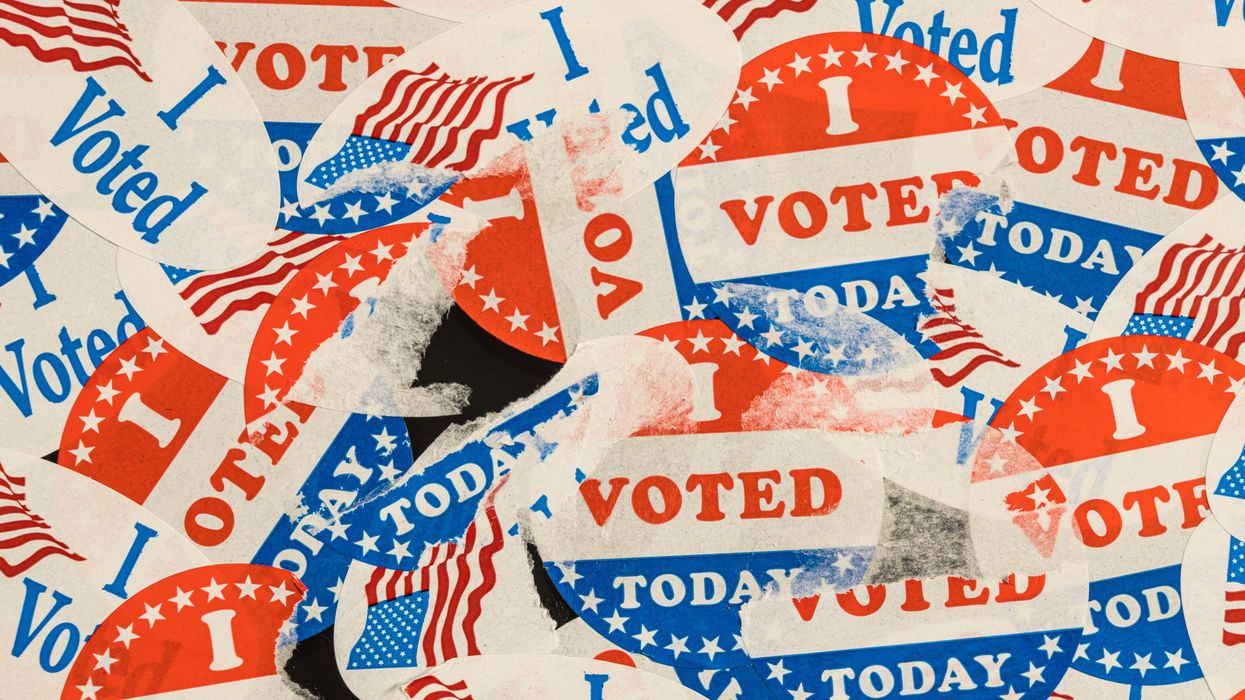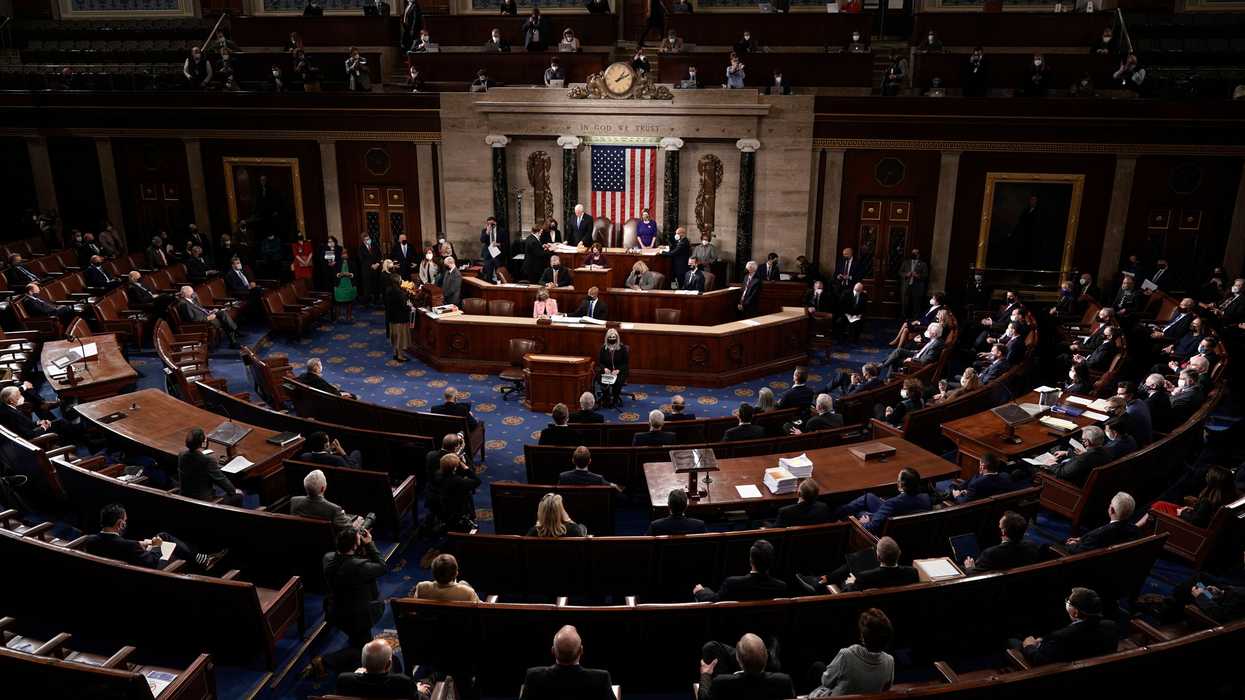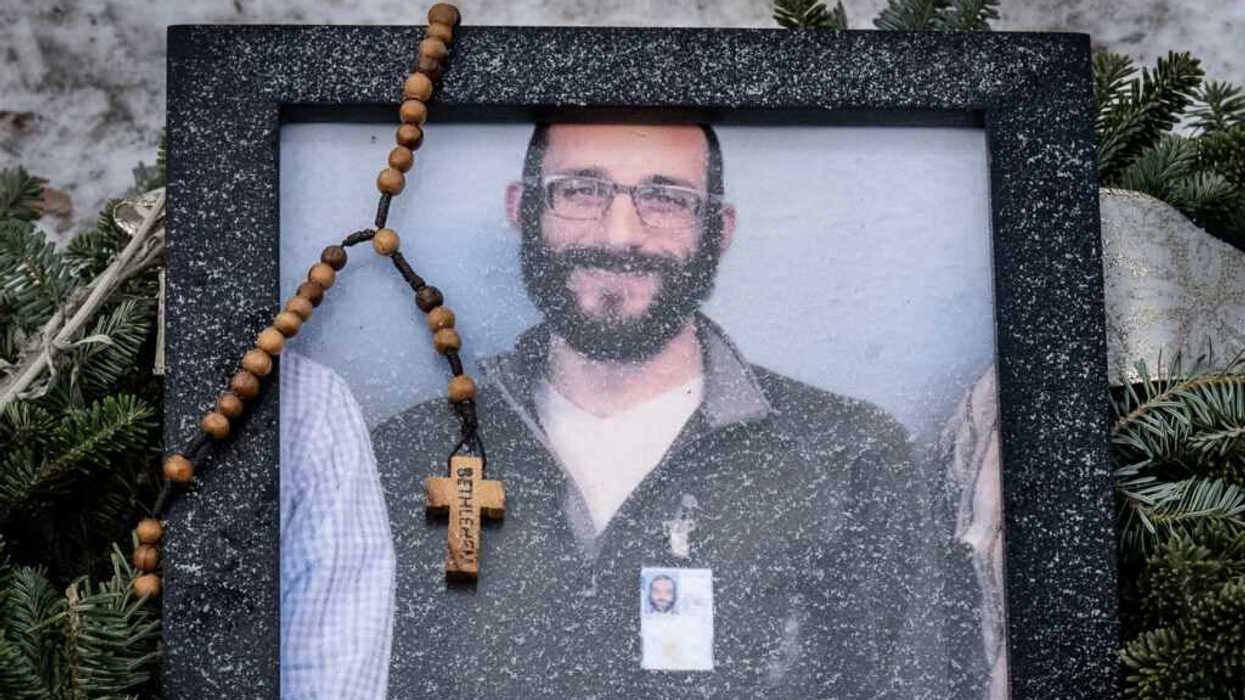The 2026 midterm elections should be the American people’s next best opportunity to issue a verdict on the direction of the country. In a functioning democracy, the outcome would offer a clear signal: do most voters want change or to stay the course?
But in reality, we won’t get a clear signal because our broken election system makes it nearly impossible. We already know that 80% of Senate races and 90% of U.S. House races won’t be decided in November, when most of us vote. They’ll be decided months earlier in party primaries—where turnout is low, millions of independents are locked out, and ideological special interests hold outsized sway. Technically, we’ll get an outcome in 2026—but it’s hard to argue it will reflect the will of most Americans.
The problem isn’t just who gets elected—it’s how they get elected. It’s easy to blame the most extreme voices in Congress, but the real issue is the system that rewards them. In 2024, 87% of U.S. House races were effectively decided in party primaries—by just 7% of voters. No wonder only about 10% of Americans feel the government represents them well, while 80% don’t believe elected officials care what they think.
That same Primary Problem is already looming over 2026—with implications for voters, parties, and the country.
For voters, we’ll be subjected to yet another “heads I win, tails you lose” contest. More Americans identify as politically independent than as Democrats or Republicans—yet 16.6 million independents will be disenfranchised by closed primaries in 16 states. And while we talk about a two-party system, it’s really two one-party systems. In most general elections, the outcome is predetermined. Without real competition, there’s no real choice, accountability, or representation.
The parties seem fine with this, at least for now. The system protects their hold on power, despite low favorability—Democrats at 40%, Republicans at 44%. They don’t need to be broadly popular to win; they just need to be less unpopular than the other side. In any other industry, a new product would already be on the shelves. In politics, the existing duopoly conspires to block new competition.
But the Primary Problem is already giving both parties severe heartburn heading into 2026. Just ask Sen. John Cornyn of Texas. He’s being challenged by Texas Attorney General Ken Paxton for being insufficiently loyal to Trump—despite voting with him over 99% of the time. Democrats face a similar dynamic: activist and former DNC Co-Vice Chair David Hogg has pledged to spend millions targeting incumbents he views as too willing to compromise. The likely outcome in both cases? Parties pulled further to the extremes—and further from the voters.
Party leaders know this could cost them seats—and majorities—because it’s already happened. In 2022, GOP primary winners in Pennsylvania, Georgia, and Arizona went on to lose winnable Senate races because they were well outside the mainstream. That same year, Democratic Rep. Kurt Schrader was defeated in a primary, and the seat flipped Republican in November.
The answer isn’t a white knight politician. It’s a political reform: open primaries for all voters and all candidates, regardless of party. In an open, all-candidate primary, everyone runs on the same ballot and the top finishers advance to the general election. Leaders must appeal to a broad electorate from day one. The threat of being “primaried” by ideological hardliners vanishes—and general elections start to matter again, even in deep-blue or deep-red districts.
This isn’t hypothetical. Alaska adopted all-candidate primaries in 2022 and doubled the number of voters who cast meaningful votes (i.e., votes that actually mattered in determining election outcomes). Oklahoma may consider a similar reform in 2026. And New Mexico recently passed bipartisan legislation to allow independents to vote in party primaries—with Pennsylvania potentially next.
The Primary Problem didn’t appear overnight—and it won’t be solved overnight. But reform is not only possible, it’s already happening. The sooner we open primaries to all voters and all candidates, the sooner we can build a representative democracy that works for all Americans.
Nick Troiano is the executive director of Unite America, a philanthropic venture fund that invests in nonpartisan election reform to foster a more representative and functional government. He’s also the author of “ The Primary Solution.”





















